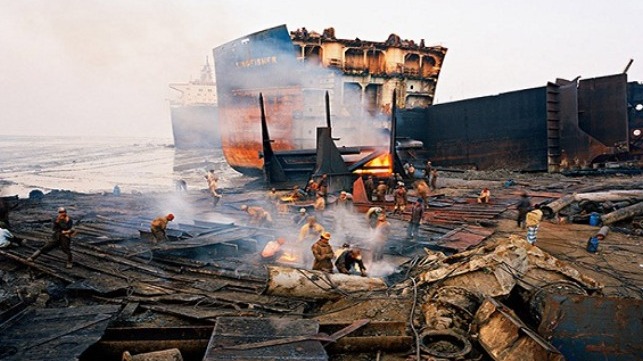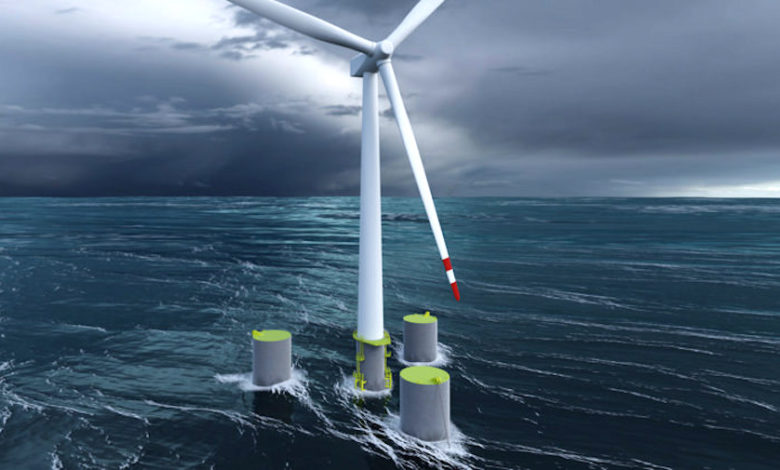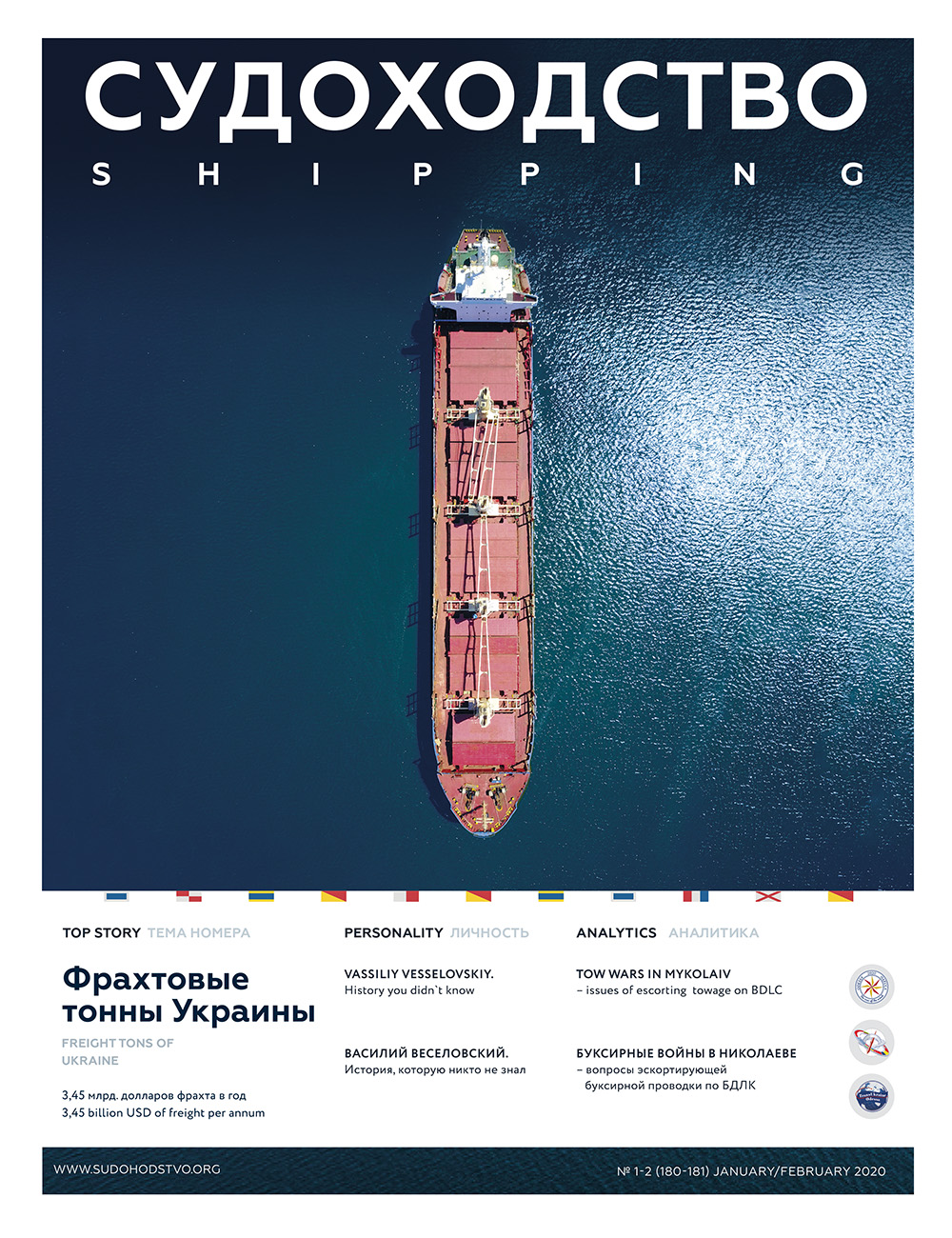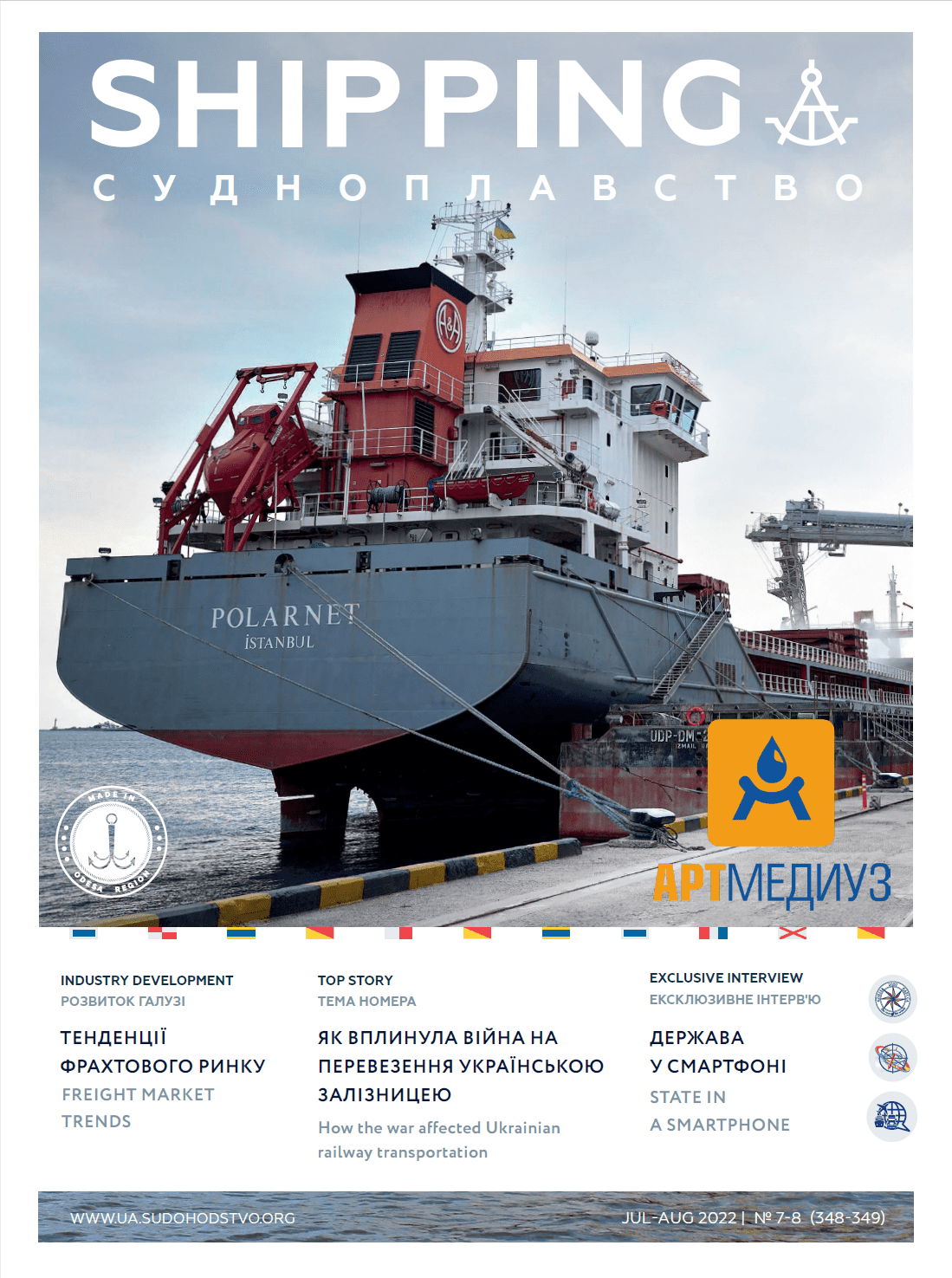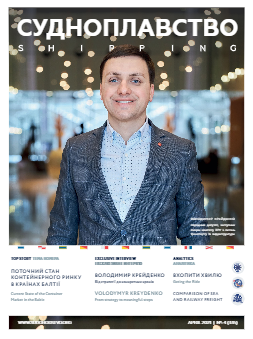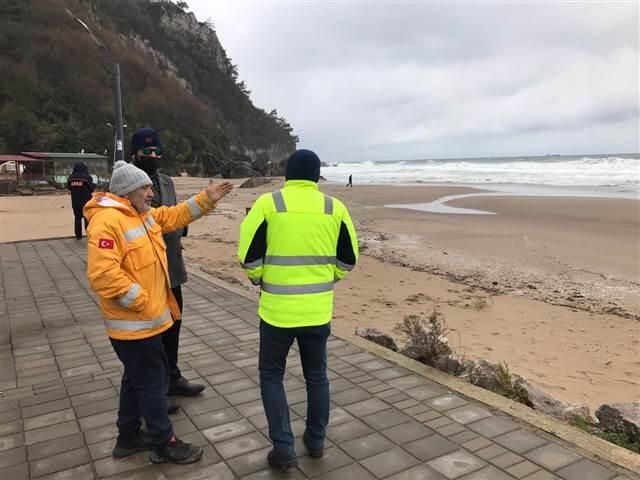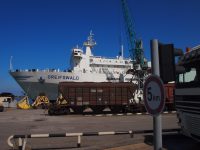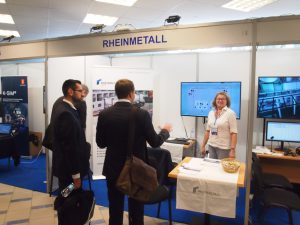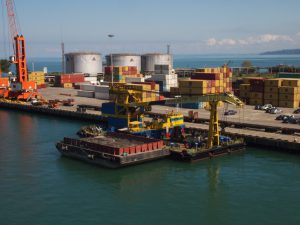Seafarers are still paying the price for the economic problems facing the global shipping industry, the International Seafarers’ Welfare and Assistance Network (ISWAN) said in a new report.
The report shows that the Seafarer Help service run by ISWAN dealt with a record number of 3,078 new cases involving 11,228 seafarers and their families in 2017, representing a casework rise of 37% from 2016.
“A difficult year for the shipping industry means it was also a difficult year for many seafarers,” Per Gullestrup, ISWAN chairman, said.
“The reality is that when the maritime industry needs to make cost savings, seafarers are often negatively affected.”
The most frequent reason for contact was from seafarers seeking work, and the report suggests “this could well be a reflection of the destabilised labour market”. ISWAN said it had also reported a number of cases in which crewing agencies have been making illegal charges to find work for seafarers. Failure to pay wages was the second most common issue, accounting for 16% of all cases, while the number of cases involving abandonment of ships and crews more than doubled. The ISWAN report notes that the shipping industry is starting to recognise the problems caused by social isolation, stress and fatigue, but warns that seafarers still seem reluctant to openly talk about these issues or identify themselves for fear of risking their employment.
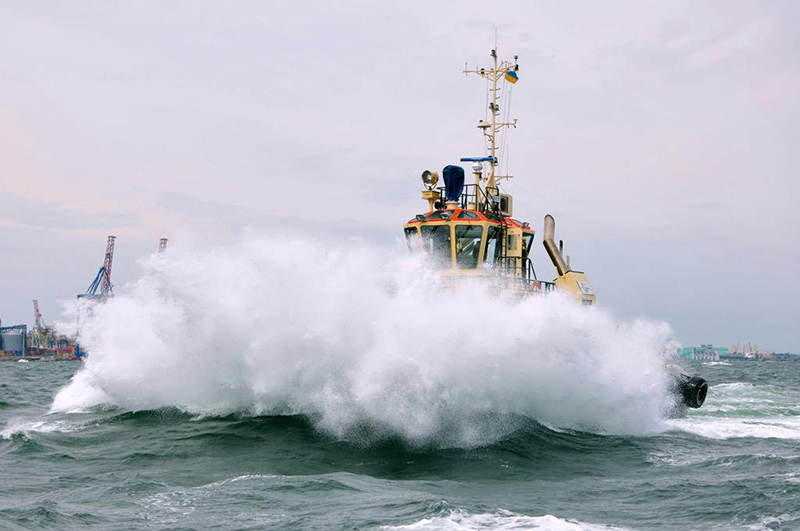
Improved working conditions will also make the shipping sector more attractive for young Europeans. This proposal is an excellent example of how social partners support the Commission in keeping EU law fit for purpose,” Thyssen added. Additionally, the proposal will improve seafarers’ protection in the event of abandonment, including:
- When the ship owner fails to pay contractual wages for a period of at least two months;
- When the ship owner has left the seafarer without the necessary maintenance and support to execute ship operations.
“This will not only benefit seafarers themselves, but also all EU port authorities, as it will result in fewer problematic cases of abandonment,” the European Commission informed.
Furthermore, the proposal will also improve the mechanisms by which compensation is provided. This will make the payment of claims quicker and easier, which will help avoid the long delays in payment and red tape that seafarers or their families frequently encounter in case of abandonments or in case of death or long-term disability

